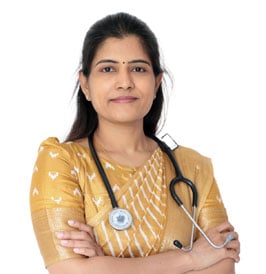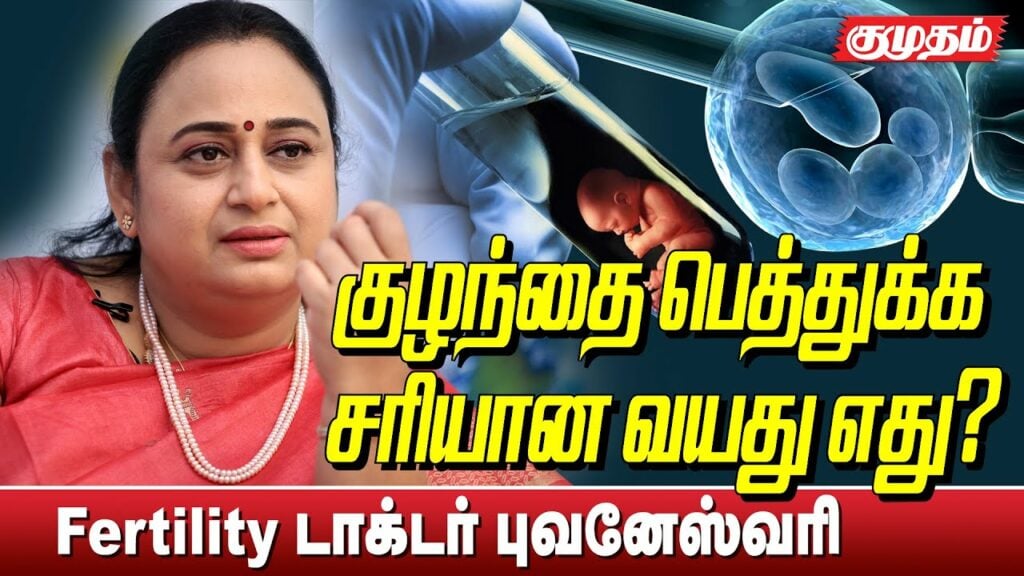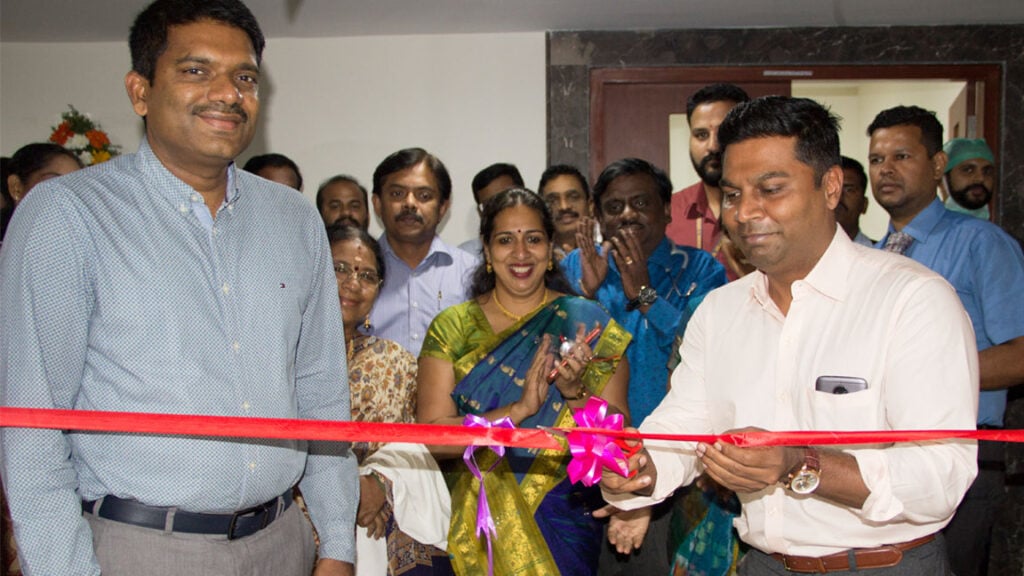Overview
Our team of physicians are experts in Obstetrics and Gynecology as well as Maternal-Fetal Medicine. This equips us to deliver exceptional care throughout high-risk pregnancies. Our proficiency extends to managing a diverse range of pregnancy complications arising from pre-existing maternal medical conditions or obstetrical concerns. Collaborating closely with your obstetrician, we ensure a seamless pregnancy and successful birth. Every patient’s distinctive requirements shape our healthcare approach. At Rela Hospital, we are dedicated to delivering comprehensive services to expectant mothers, encompassing genetic counselling, diagnostic assessments, and effective therapies. Our ultimate aim is to optimise the health prospects for both mother and baby.
Who is a Gynaecologist?
They are simply defined as Gynaecology doctors specialised in general management of women’s reproductive system that involves taking care of women during different times of their lives such as adolescence, childbearing stage, or menopause. These deal with complaints relevant to the genital tract and are also involved in family planning and fertility issues, as well as menopause symptoms. These deal with complaints pertinent to the genital tract and are also involved in family planning and fertility issues as well as menopause. They also carry out periodic screenings and check-ups, provide preventive measures and undertake surgical procedures where required.
What are the types of specialisations in gynaecologists?
- Gynecologic Oncology: Deals with tumours in the female genital organs.
- Reproductive Endocrinology and Infertility: Includes cases of infertility and abnormal hormones associated with reproductive health problems.
- Maternal-Fetal Medicine: Take care of high-risk pregnancy cases and fetal issues.
- Urogynecology: An introduction to how pelvic floor disorders affect urinary incontinence in women.
- Pediatric Gynecology: Pediatric and Adolescent Gynecology.
Why should you consult a Gynaecologist?
A gynaecologist offers different types of services, including performing routine checkups such as vaginal, breast, or cervical examinations and Pap smears that assist in detecting issues before they become severe. Besides this, they counsel on family planning matters and contraceptive measures where healthy outcomes are primary. Gynaecologists look into menstrual irregularities and offer appropriate remedies. Moreover, they conduct pre-conceptual counselling and antenatal care in pregnancies.
Gynaecologists assess and treat patients who experience a low capacity to reproduce. Moreover, they handle issues concerning health during menopause, whereby they provide counselling and, at times, give hormone therapies. Furthermore, they check for gynecologic diseases and conditions like endometriosis and ensure treatment of such infections as endometriosis.
It’s part of an extended workup addressing lower abdominal pain and discomfort, as well as any infertility issues involved. The doctors also talk about sexual wellness, like dysfunctions and STIs. Gynecological cancer screening helps regularly detect and treat cervical, ovarian, and uterine cancers.
Which conditions are treated through fetal medicine specialists?
Fetal medicine specialists are experts in managing high-risk pregnancies, addressing situations that endanger the well-being of the mother or the fetus. They handle various conditions, including:
- Pre-existing medical issues like HIV, hypertension, obesity, and diabetes.
- Previous pregnancy complications like pre-eclampsia and pre-term births.
- Fetal anomalies and birth defects.
- Multiple gestations such as twins, triplets, or other multiples.
Where can I find the best gynaecologists in Chennai?
The best doctors specialising in gynaecology are available at Rela Hospital, Chennai. The hospital has a highly qualified team of gynaecologists who cater to all women’s health requirements. The team of gynaecologists at Rela Hospital in Chennai has been trained to offer customised and affectionate medical services regarding any gynaecological issue and treatment of other conditions affecting reproduction organs among women. Patient welfare is their priority while incorporating modern diagnostics and therapies to yield the best patient results. The gynaecologist team at Rela Hospital provides effective and patient-oriented healthcare services like routine checkups, pregnancy care, and specialised treatments.
Our Gynaecologist Team
Institute Obstetrics and Gynaecology includes uniquely qualified doctors, specialized in Obstetrics and Gynaecology, who are dedicated to providing women with their best choice for comprehensive, expert, and personal women’s health care. We are proud of having the best Obstetrics and Gynaecology Doctors in Chennai. In fact, some of the best gynaecologists and top gynaecologists are in Rela Hospital in Chennai













